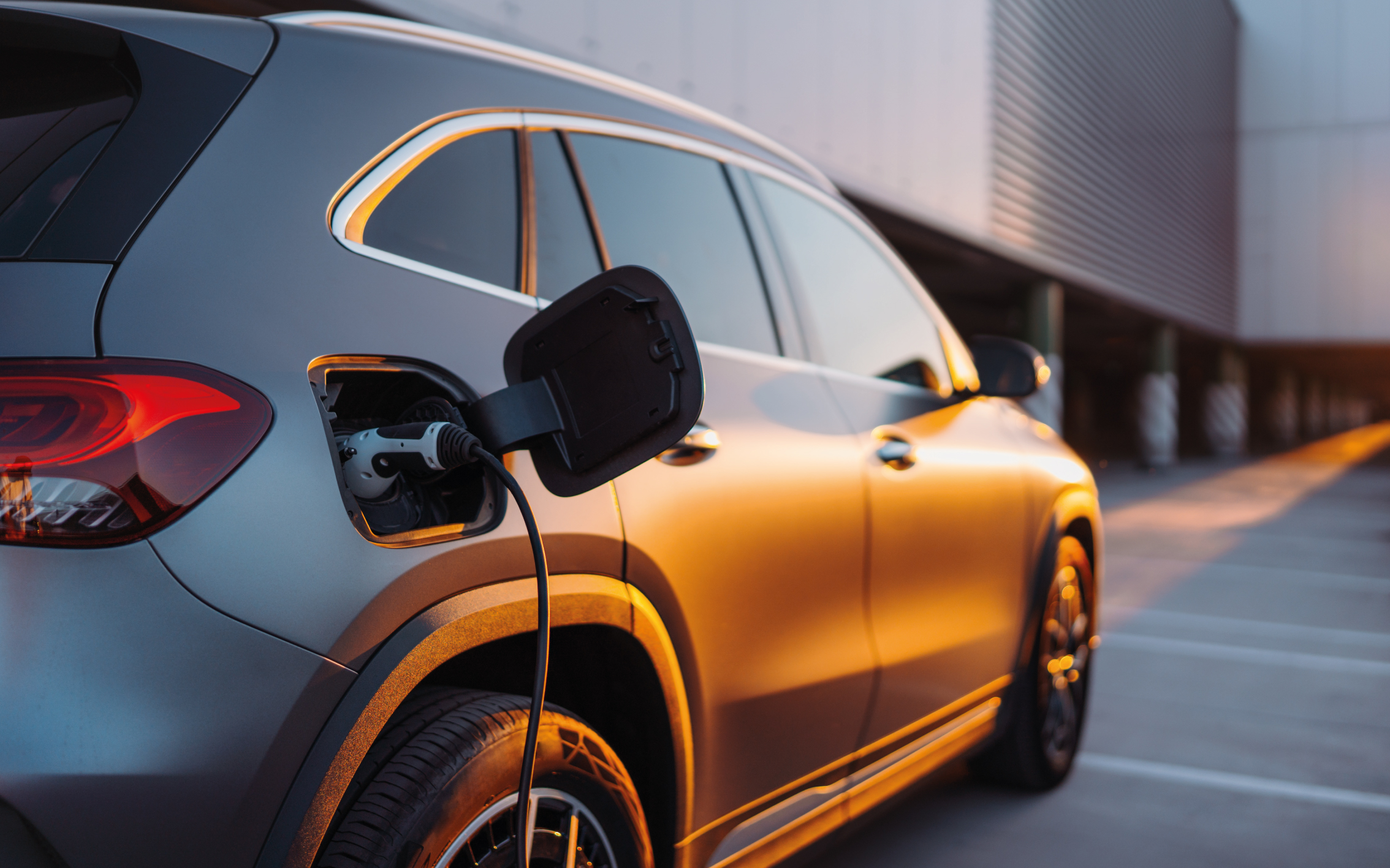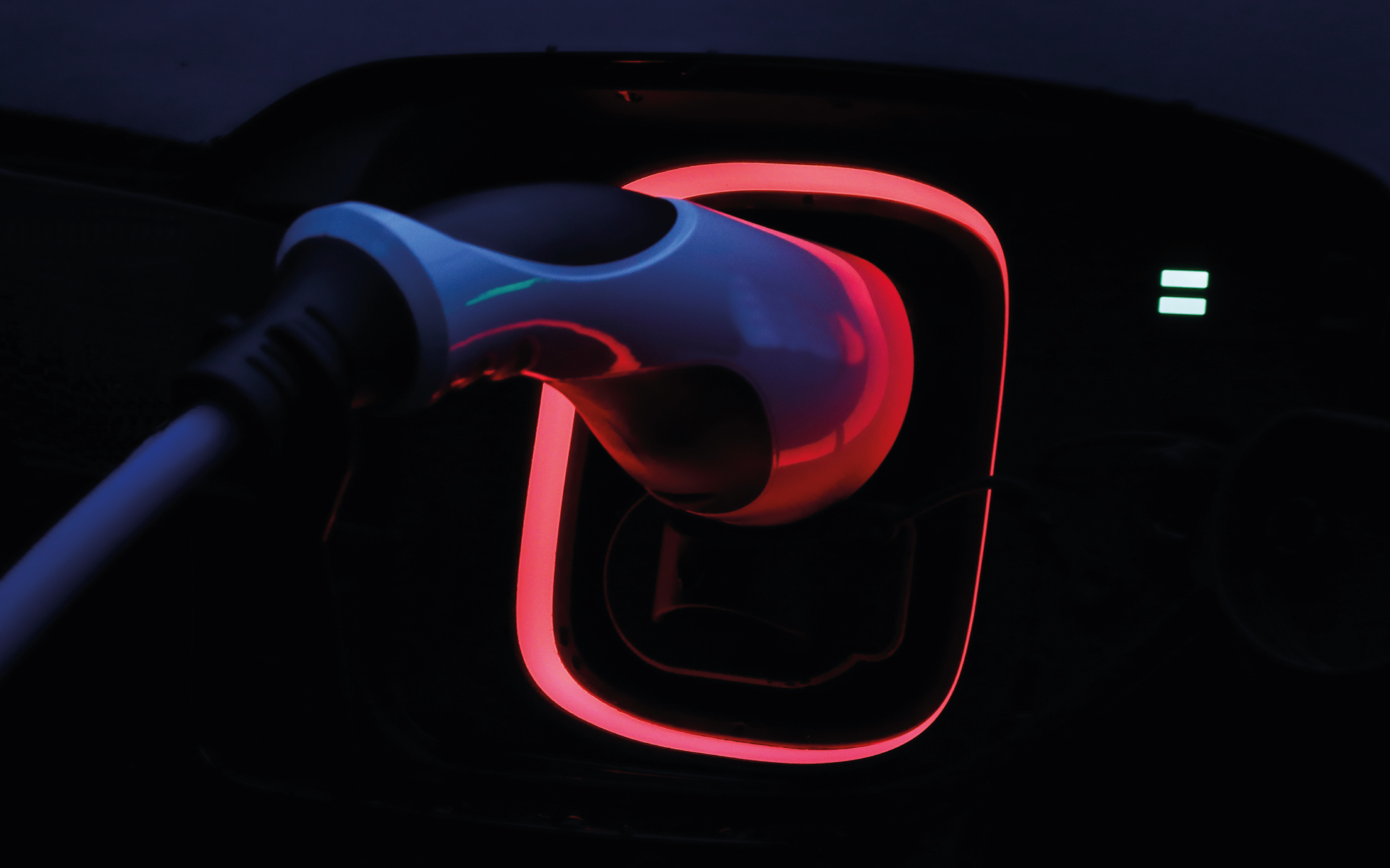Easy Guide to Electric Cars: Tips for Buying One
Share

Easy Guide to Electric Cars: Tips for Buying One
- Electric vehicles are becoming increasingly popular in the UK
- The sale of new petrol and diesel vehicles will be banned by 2035
- Electric vehicles have lower running and maintenance costs, compared to ICE vehicles
- Learn about impressive range of electric cars and say goodbye to range anxiety
- Charging your EV at home is convenient, cheap and easy
You know the change is coming, but you don’t feel like you are ready for it, or excited by it. Sound familiar? We understand, this is why we’re here to help.
The Government has decided to ban the sale of new petrol and diesel vehicles (ICE) by 2035 . After this, all new vehicles producing tailpipe emissions, including hybrid vehicles, will be banned by 2035. Before the 2035 ban, you can buy a new vehicle if it has the capability to drive an approved distance with zero emissions. The distance required is defined via consultation.
What are electric vehicles (EVs)?
There are different types of electrified vehicles available. Some of them are fully powered by electricity, and some use a combination of traditional petrol and diesel engines and an electric motor. The commercially available type of EVs include:
- Battery electric vehicle (BEV)
- Plug-in hybrid (PHEV)
- Self-charging hybrid (HEV)
- Mild hybrid electric vehicle (MHEV)
- Range-extended electric vehicle (RE-EV)
- Hydrogen fuel cell vehicle (FCEV)
With the ban of traditional petrol and diesel vehicles edging closer, more UK drivers are deciding to make the switch to electric. By the end of July 2023, there were approximately 840,000 battery electric vehicles in the UK*. This is a 26.5% increase from the previous year.
Is it time to make the change?
New Electric Cars for Sale
Second Hand Electric Cars

Benefits of electric vehicles
- Lower running costs – less expensive to charge than buying petrol or diesel
- Quieter driving experience
- No need to visit smelly petrol stations
- Charge your EV from the comfort of your own home
- Better for the environment
- Cleaner air in cities – no harmful emissions
- Lower maintenance costs – servicing is quicker and cheaper
- Stop paying congestion charges
- No need to pay road tax
- Often get free parking with EVs
Affordability of electric vehicles
The high initial price of EVs has been one of the main obstacles for a long time for those thinking about making the switch to electric. However, electric vehicles end up costing you less in the long run, thanks to several factors:
1. Lower charging costs
Electricity is cheaper than petrol or diesel – yes, even now.
If you choose to charge your EV at home, you can choose the optimal time for your charging, when the electricity is cheapest. This is usually during the night. You get to enjoy a well-deserved rest, while your EV also charges its battery!
2. Lower maintenance costs
Concerned about how much servicing your EV will cost you? As electric vehicles have fewer parts compared to traditional petrol and diesel vehicles, they are easier, quicker and cheaper to service. In fact, servicing an EV is on average 23% cheaper than an ICE vehicle.
3. No need to pay road tax
Most people have heard about this benefit: if you drive an electric vehicle, you are exempt from paying road tax. In the long run, you can gain significant savings, and it’s also one less thing to worry about!
4. Exempt from congestion charges
Many cities in the UK have introduced Low Emission Zones (LEZs). In these areas, any vehicle that does not release harmful emissions to the atmosphere, is classed as exempt from paying the congestion charges.
For instance, in central London, you save as much as £14 every day if you drive a fully electric vehicle.
Electric vehicles under £30k
Let’s talk about electric vehicles’ range
Another key barrier for switching to electric for many people is the range of EVs. In their early stages, EVs typically had a low range, and they required regular charging to keep them running. However, today there are many electric vehicles with fantastic ranges.
The longest range of EV is 452 miles, and you can get it with the Mercedes EQS. This is more than enough for a road trip around the country. You might not have to charge the EV until you return home!
Typically, the range of an EV ranges from 150 to 300 miles. It’s time to wave goodbye to range anxiety!
Electric vehicles with long range

Charging an electric vehicle
Charging may just be the main reason people put off buying an EV. There are several misconceptions about charging opportunities, and negativity around charging your EV.
You can charge your electric vehicle at home with a wall charger, or when out and about with a public charger. The public charging stations also include faster charging, so you can get back on the road in no time. For instance, Hyundai IONIQ 6 can be charged from 0-80% in 18 minutes.
As of July 2023, there were 45,737 public electric vehicle charging points in the UK, across 26,805 locations**. The number of charging points is growing fast each year, as the UK Government is building an infrastructure ready for the large change in 2035.
Find your nearest public charger
What charger types are there?
There are five type of electric vehicle chargers. These are Type 1, Type 2, CHAdeMo, CCS combo type 1, and CCS combo type 2.
Increasingly, you will also come across rapid and ultra-rapid chargers. The official name for these is direct rapid (DC) charger. Most new electric vehicle models come with DC charging as an option.
At home, you can also charge your EV with a regular UK three-pin plug. Although, you can expect a longer charging time with this method.
Benefits of home charging
- Many manufacturers offer complimentary charger when buying an electric vehicle
- Charging at home is convenient – no need to leave home to charge your EV
- No more visiting smelly, dirty petrol stations
- You can charge your EV at a time when electricity is cheapest
- No need to queue for a charging point or pump
- Charging at home is better for overall battery health
- Home wall chargers increase your property’s value, if you ever decide to sell
Guide to electric vehicle batteries
Like any other battery, electric vehicle batteries also degrade over time, resulting in shorter range. However, the batteries in electric vehicles last at 10-20 years. For instance, an eight-year-old Nissan LEAF vehicle will still have a battery capacity of around 80%.
You can preserve your electric vehicle’s battery with simple steps:
- Keep the charge level between 20-80%
- Charge your EV mainly at home
- Charge your EV overnight, when the air temperature is lower
- Avoid fast acceleration and sudden braking
Should I buy a second-hand electric car?
If you are looking for an affordable way to make the switch to electric, a second-hand electric car is a great way to do this. As well as benefiting from a lower price, you can also bypass new car wait times.
Many new cars offer comprehensive battery warranties so even when buying a used car, you can be confident that any issues will be covered.
How to find the right used make and model
With so many manufacturers now offering electric cars, it’s important to do your research.
Key things to factor into your decision include:
Budget
Older used electric cars with more mileage on the clock will typically be cheaper to buy. But while they are more affordable upfront, they may require more maintenance in the long run.
Range
It’s important to take into consideration how often the car will be used and the types of journeys it will be used on.
Space
If it’s just you that is driving the car, you may only need something compact. Whereas if you have a family, you might require something slightly bigger.
What should I look for when buying a used electric car?
As with buying any used car, it’s important to get all the facts before making a purchase.
It’s important to check the following things:
- Mileage
- Service history
- Interior and exterior for any damage
- Battery health
- Warranty
- Valid MOT
We would always recommend test driving a used electric car, especially if you’ve never driven an EV before to get a feel for how it drives.
How much are second-hand electric cars?
The cost of a second-hand electric year varies based on manufacturer, the model year, and the trim level of the car. At Bristol Street Motors, we stock a wide range of used electric cars to suit all budgets.
Can you get a grant for second hand electric cars?
There are currently no government grants available to help with the cost of buying a second-hand electric car in England. However, you could be eligible for the Electric Vehicle Chargepoint Grant. This provides up to £350 towards the cost of installing a home charging point.
The grant is available for rented or owned properties with on-street parking. You can find out more and see if you’re eligible by visiting the government website.
Pros and cons of buying a used electric car
Just like buying a new car, there are pros and cons of buying a used EV, and it’s important to weigh these up before deciding.
| Pros | Cons |
|---|
| More affordable |
Limited warranty |
| No wait time |
Battery's health may already be declining |
| Cheap to run |
Older technology |
Time to make the change?
Learn more about electric vehicles
FAQs
Is it worth buying an electric vehicle?
Yes! Electric vehicles have many personal benefits, not to mention being better for the environment. You will end up saving money in the long term, without compromising on safety or performance.
Will electric vehicles get cheaper in the UK?
With more models on offer, the price of new electric vehicles is expected to reduce. The UK Government is also helping people buy EVs with their grant schemes.
Why buy an electric vehicle?
Electric vehicles have lower running costs compared to traditional petrol or diesel vehicles. The UK Government is banning all new ICE vehicles from 2035 onwards, enforcing the transition to electric vehicles.
Are electric vehicles cheap to run?
Yes, they are! When comparing to traditional ICE vehicles, you end up spending less on fuel, servicing as well as taxes and charges. Even though the initial price of an EV might feel high, you will end up saving money in the long term.
Related articles
The Ultimate Guide to Charging an Electric Car
The Best Used Electric Cars Under £12,000
Electric Cars vs Petrol and Diesel: What are The Benefits of Switching